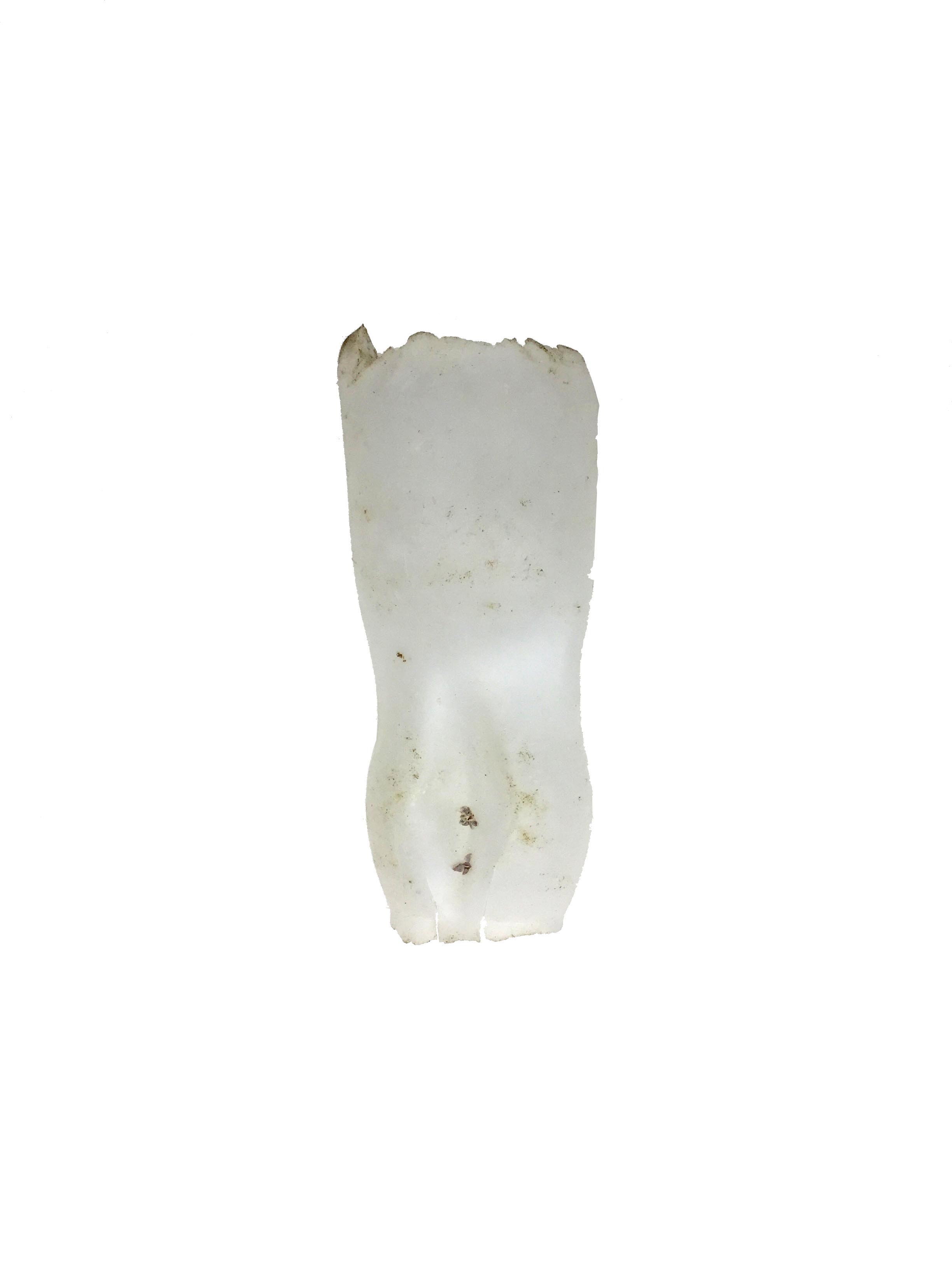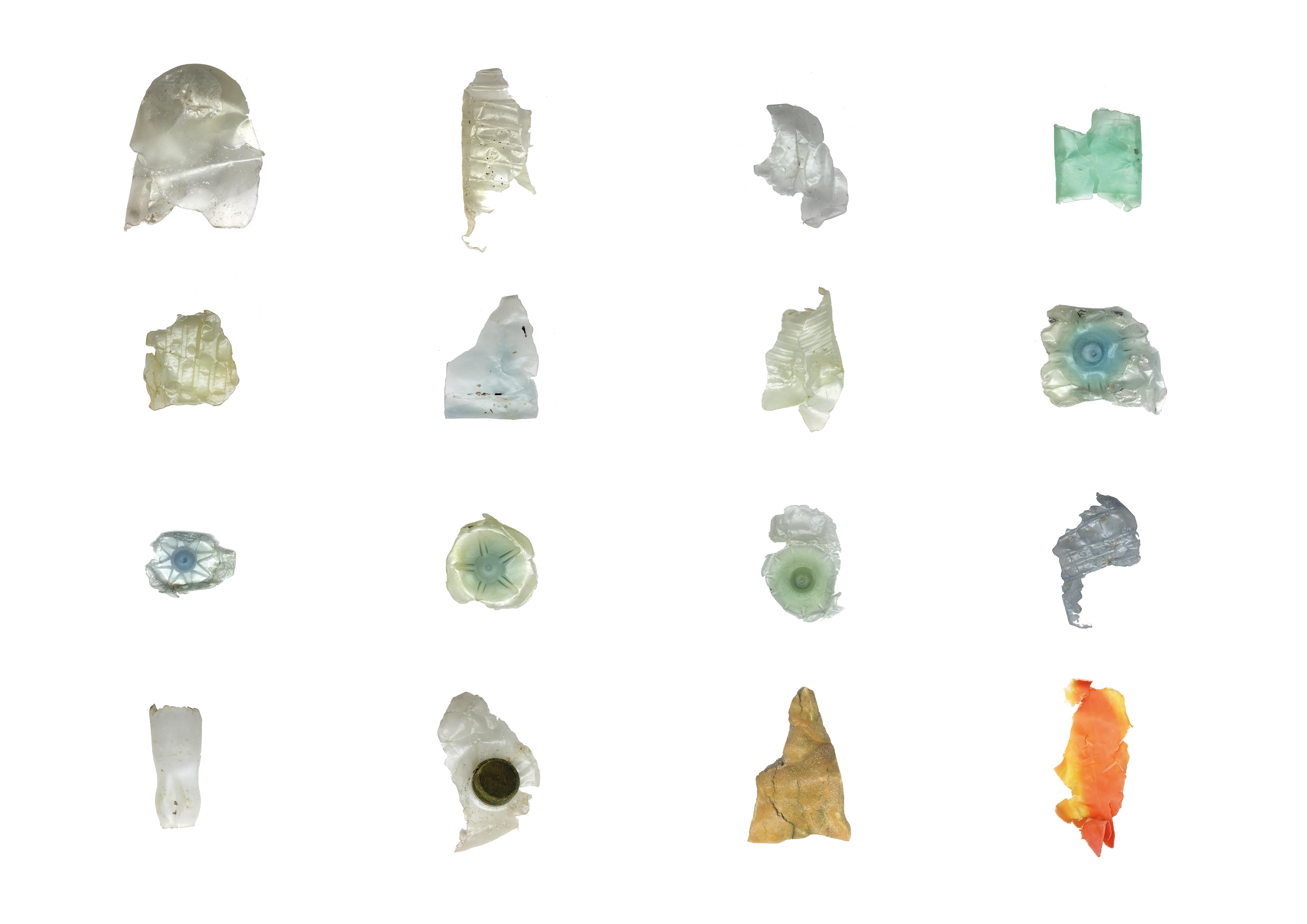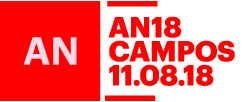

IMKE WOELK
Berlin
Imke Woelk estudió arte en la Escuela Superior de Bellas Artes, Brunswick y arquitectura en la Universidad Técnica de Brunswick y en la Università Iuav di Venezia. Trabajó como arquitecto en los estudios de Massimiliano Fuksas, Roma y William Alsop, Londres (1993–97). Creación del estudio arquitectónico IMKEWOELK + socios con Martin Cors (1997). Premio Villa Massimo, uno de los más importante premios para artistas alemanes (2003). Profesor invitado de la Duksung Universidad, Seúl: enseñanza de diseño expositivo y escenografía (2005-09). Doctorado de la Universidad Técnica de Berlín con Finn Geipel y Andres Lepik por su tesis sobre el uso de la Nueva Galería Nacional Berlín de Ludwig Mies van der Rohe (2010). Beca de investigación de la Fundación de Arte Danesa (2015). Miembro del Consejo Asesor de Arte en el sector de arquitectura y urbanismo de la Secretaría del Senado de Cultura Berlín (2015).
La investigación de Imke Woelk se centra en la creación y interpretación de espacios concretos. A nivel práctico se ocupa de la concepción y realización de proyectos de diseño y de arquitectura. A nivel teorético desarrolla posiciones críticas mediante investigaciones, exposiciones y publicaciones sobre: urbanización y naturaleza, flexibilidad y tiempo, ecología y material.
AFTER ALL
(Después de todo)
Es la continuación de la serie de vídeos que empezó con ‘I SEA’ www.youtube.com/watch?v=FcDZ0uxTE7Y expuesto en ARTNIT Campos en 2016. El video muestra un archivo de esculturas de plástico encontrado en las costas españolas y las combina con pasajes de texto sobre sabiduría y opiniones indígenas.
El sistema económico global ya no sirve para las necesidades de la ‘familia humana’. Más conceptos económicos y mayor control no van a solucionar la creciente crisis.
Aunque, sin darnos cuenta, ya estamos a principios de una nueva era. Un invierno espiritual largo está terminando y con cada belleza creciente ocurre una cura dinámica por todas partes. Necesitamos nuevas y creativas opciones de convivencia entre naturaleza y sociedad, basadas en el modelo de los pueblos indígenas.
Las piezas de plástico encontrados en las playas están compuestos de polímeros plásticos como cloruro de polivinilo (comúnmente abreviado PVC), polietileno (PE) y polipropileno (PP). Estos hallazgos de plástico son considerados como exponentes de una era pasada, que transportó una cantidad increíble de residuos. Por otra parte, estos vestigios tristes con su energía destructiva poseen su propio fuerza y belleza escultural. Esta paradoja juega de una forma irónica con los valores y conceptos de la historia del arte occidental.
Contacto
Imke Woelk
Flatowallee 16 / 854, 14055 Berlín, Alemania
Polígono 25, 07639 Campos, España
mail@iw-up.com, T +49 30 30818906
Facebook: https://www.facebook.com/IWUParchitects/
Instagram: https://www.instagram.com/iwuparchitects/
________
Imke Woelk studied Fine Arts at the Braunschweig University of Arts and architecture at the Braunschweig University of Technology and at the Università Iuav di Venezia. Work as an architect in the studios of Massimiliano Fuksas, Rome and William Alsop, London (1993–97). Foundation of the architectural studio IMKEWOELK + Partner with Martin Cors (1997). Rome Prize of Villa Massimo, one of the most important awards for German artists (2003). Visiting professor at Duksung University, Seoul, teaching of exhibit design and scenography (2005-09). Doctorate at Technical University of Berlin under Finn Geipel and Andres Lepik for the thesis about the use of the New National Gallery in Berlin by Ludwig Mies van der Rohe (2010). Research scholarship from the Danish Arts Foundation (2015). Member of Advisory Board on Art in the areas of architecture and urban planning by the Berlin Senate Chancellery for Cultural Affairs (2015).
Imke Woelk’s research is focusing on the creation and interpretation of concrete spaces. On a practical level she takes on the conception and realisation of design- and architectural projects. On a theoretical level she develops critical positions by means of research, exhibition and publications on the subjects: urbanisation and nature, flexibility and time, ecology and material.
AFTER ALL
Continues a series of videos started with ‘I SEA’ (http://www.youtube.com/watch?v=FcDZ0uxTE7Y) presented at ARTNIT Campos in 2016. The video shows an archive of sculptures made of plastic material that were found on the Spanish coast and combines them with text passages about indigenous wisdom and views.
The global economic system does not serve any more the needs of the ‘human family’. Further economic concepts and more control will not solve the growing crisis.
Although, without being aware, we already are at the begin of a new era. A long spiritual winter is ending and with every increasing beauty a dynamic cure (change) is happening all over the place. We need new and creative options for a coexistence between nature and society, based on the model of the indigenous people.
The plastic pieces found on the beaches consist mainly of plastic polymers such as polyvinyl chloride (commonly abbreviated PVC), polyethylene (PE) and polypropylene (PP). These plastic finds are considered as exponents of a bygone era, that has conveyed an incredible lot of waste. On the other hand, these sad relicts with their destructive energy own a sculptural strength and beauty. This paradox plays in an ironic way with the values and concepts of western art history.
Contact
Imke Woelk
Flatowallee 16 / 854, 14055 Berlín, Alemania
Polígono 25, 07639 Campos, España
mail@iw-up.com, T +49 30 30818906
Facebook: https://www.facebook.com/IWUParchitects/
Instagram: https://www.instagram.com/iwuparchitects/
